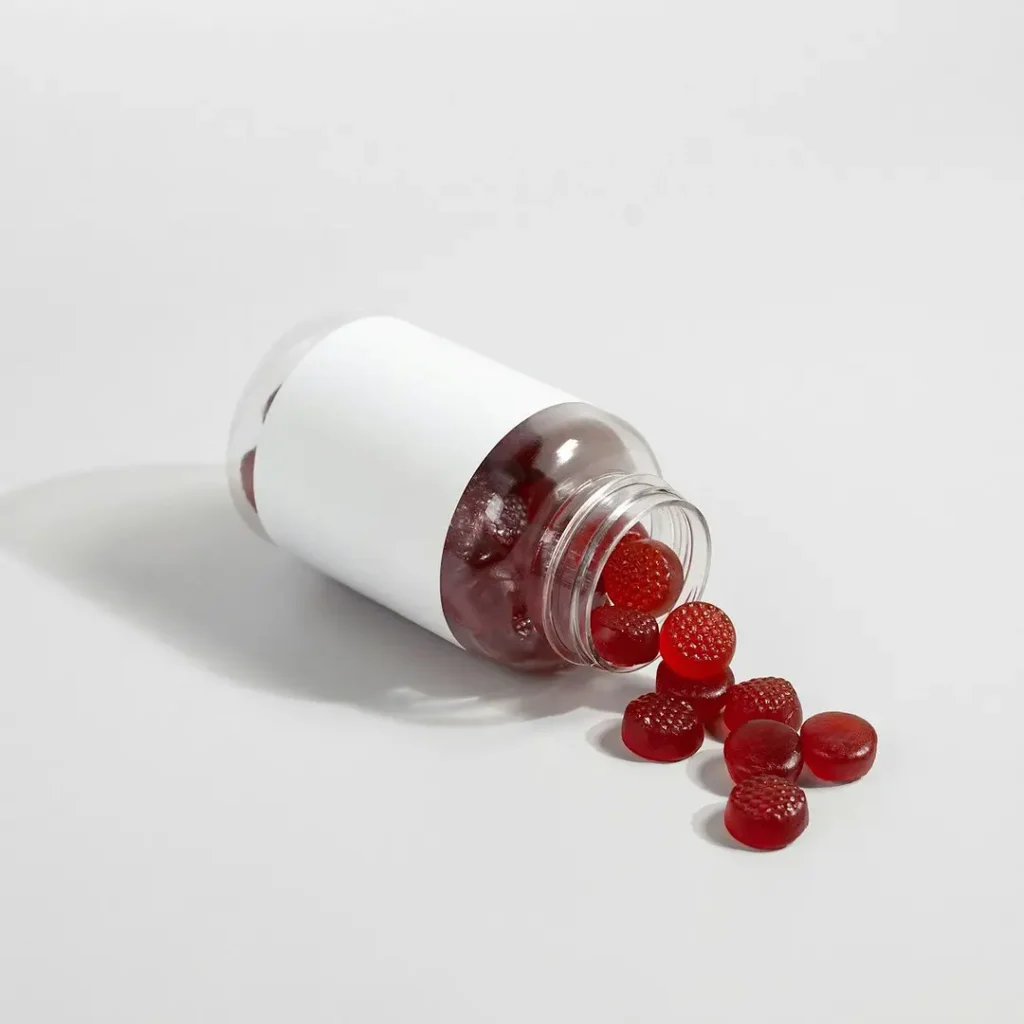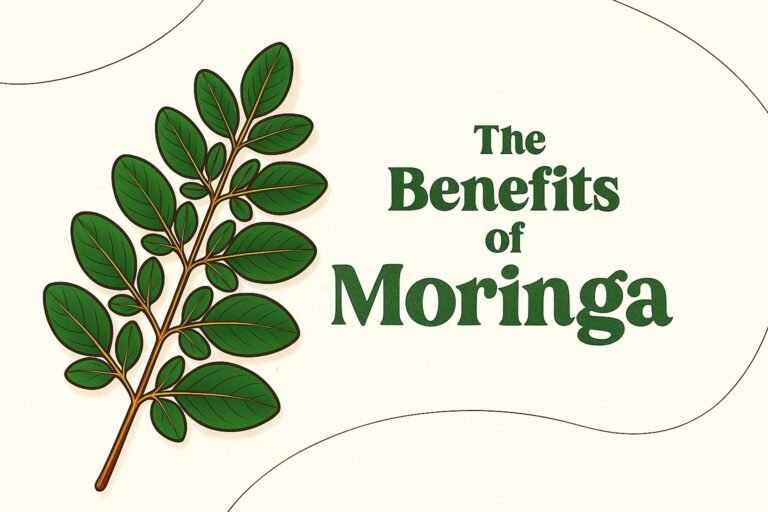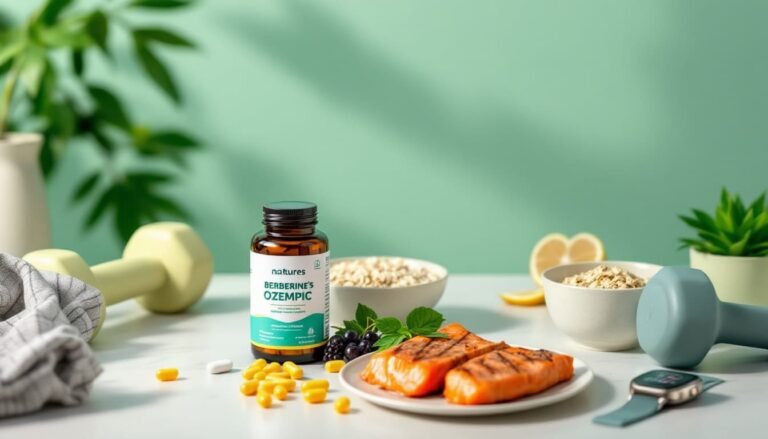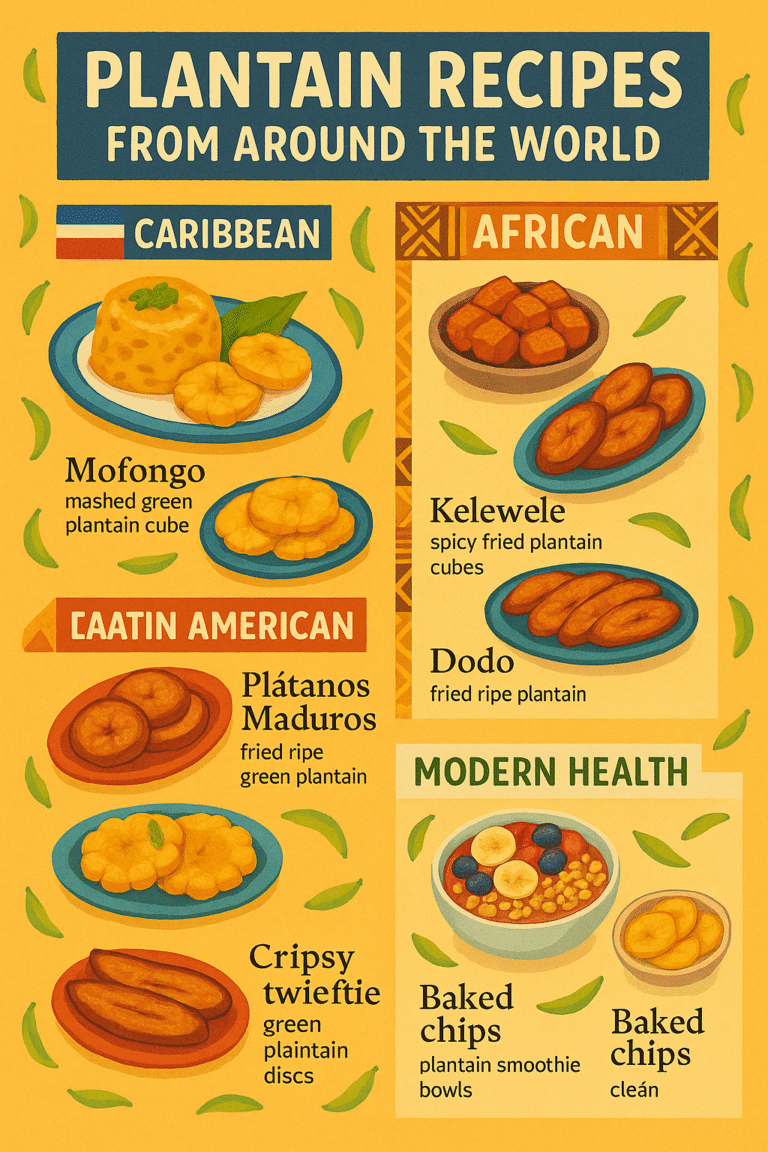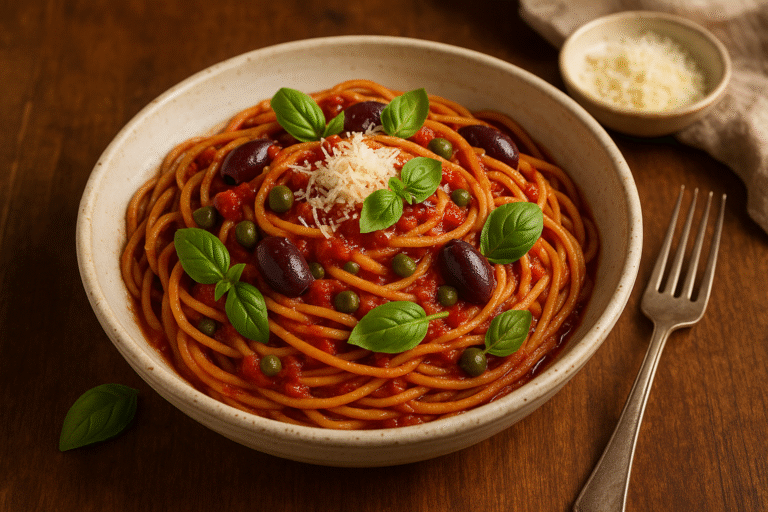What is Elderberry and Why Do Doctors Recommend It?
Elderberry (Sambucus nigra) is a dark purple berry that contains powerful immune-supporting compounds called anthocyanins and flavonoids. Medical professionals are increasingly discussing elderberry because clinical studies show it can reduce cold and flu symptoms by 2-4 days, while costing 90% less than prescription alternatives.

The stark reality: Elderberry supplements ($7-25) vs. prescription medications ($150-300)
Picture this: You’re standing at the pharmacy counter, prescription in hand, facing a staggering $200+ bill for immune support medication. Meanwhile, elderberry supplements sit on nearby shelves for under $15. This stark reality is changing how a new generation of physicians practices medicine – and it might revolutionize how you think about healthcare costs, too.
Quick Answer: How Much Does Elderberry Cost vs Prescriptions?
| Treatment Type | Monthly Cost | Annual Cost | Research Findings |
| Elderberry supplements | $7-25 | $84-300 | Reduces symptoms 2-4 days |
| Prescription antivirals | $150-300 | $1,800-3,600 | Reduces symptoms 1-2 days |
| Potential savings | $125-275 | $1,500-3,300 | Similar or better outcomes |
The Healthcare Cost Crisis That’s Breaking American Families
The numbers don’t lie, and they’re brutal. While prescription immune modulators can cost patients anywhere from $150-300 monthly, quality elderberry supplements typically range from $7 to 25 per month. According to recent pricing data from major pharmacy chains, the average out-of-pocket cost for elderberry supplements hovers around $14.97 for a 60-tablet bottle, while prescription alternatives can exceed twenty times that amount.
Recent studies show that one in seven older adults now spends 25% or more of their monthly budget on healthcare, with prescription costs being a major driver. This perspective represents a fundamental shift in medical education and practice, where young healthcare providers are embracing plant-based remedies your doctor won’t tell you about as legitimate therapeutic options.
Dr. Sarah Chen, a family medicine resident in Portland, shares on LinkedIn: “When I see patients choosing between groceries and their prescriptions, I have to ask – are we serving their best interests by ignoring safe, effective alternatives that cost a fraction of the price?”
Does Elderberry Work? What the Science Says
Yes, elderberry works according to clinical research. A comprehensive systematic review published in BMC Complementary Medicine and Therapies analyzed multiple clinical trials and found that elderberry supplementation significantly reduced the duration and severity of upper respiratory symptoms.

How elderberry’s bioactive compounds support immune system function
The COVID-19 Effect: Market Data Reveals Consumer Awakening
The pandemic revolutionized how we think about immune support. Elderberry supplement sales skyrocketed by an astounding 169% during the pandemic, reaching $265.8 million in the U.S. alone. The elderberry supplements market, valued at $503.93 million in 2025, is projected to reach $700.53 million by 2030, growing at a CAGR of 6.81%.
This growth reflects a shift toward evidence-based natural medicine, aligning with the principles discussed in our guide on traditional herbs backed by scientific evidence.
Key Scientific Findings:
1. Antiviral Properties: Laboratory studies show elderberry blocks viral replication
2. Immune Enhancement: Clinical trials demonstrate improved immune cell function
3. Anti-inflammatory Effects: Research shows reduced inflammatory markers
4. Safety Profile: No serious adverse effects in clinical studies
Dr. Michael Macknin, researcher at the Cleveland Clinic, explains: “Elderberry appears to work on multiple levels of immune function. It enhances cytokine production while providing direct antiviral effects.”
Does Elderberry Overstimulate the Immune System?
No, elderberry does not overstimulate the immune system. This is a common myth that has been thoroughly debunked by research.

Healthcare professionals increasingly recommend elderberry as part of integrative treatment approaches.
A comprehensive 2021 systematic review examined all available clinical evidence and reached a definitive conclusion: “There is no evidence that elderberry overstimulates the immune system.”
According to the NIH National Center for Complementary and Integrative Health, elderberry supplementation is associated with minimal side effects, with mild gastrointestinal symptoms occurring in less than 3% of participants.
Why Gen Z and Young Doctors Are Leading the Healthcare Revolution
Across social media platforms and medical conferences, a new generation of physicians is challenging the status quo. These healthcare providers are embracing integrative approaches that combine the best of conventional medicine with evidence-based natural alternatives.
The 2024 International Congress on Integrative Medicine and Health reported record attendance, with young physicians leading discussions about healthcare accessibility and natural medicine integration. This represents a fundamental shift toward your pharmacist and herbalist working as a healthcare dream team.
What Gen Z Healthcare Workers Are Saying:
TikTok @MedStudentLife: “Why are we not talking about elderberry in med school? The research is solid, it’s affordable, and my patients can afford it. This is the future of accessible healthcare.” 2.3M views
Instagram @YoungDocAdvocate: “Posted my elderberry vs Tamiflu cost breakdown and it went viral. Gen Z doctors are done with the ‘expensive equals better’ mentality.” 850K likes
Reddit r/medicine: “ICU nurse here. Started taking elderberry last flu season after seeing the research. Haven’t had a sick day in 8 months.” – u/NightShiftRN
Twitter @ResidentReality: “Making $55K/year, I can’t afford $200 immune supplements. Elderberry has been a game-changer for me and my patients.” 45K retweets
The #AffordableHealthcare hashtag has generated thousands of posts from healthcare workers supporting natural alternatives backed by science. Young medical professionals are using platforms like TikTok, Instagram, and LinkedIn to share cost-effective protocols and challenge traditional pharmaceutical-first approaches.
The Healthcare Democratization Movement: Making Medicine a Human Right
This isn’t just about elderberry – it’s about fundamentally changing how we approach healthcare accessibility. When effective treatments exist at a fraction of traditional costs, we have an ethical obligation to explore them.
Healthcare as a Human Right
The elderberry story represents something larger – a movement toward healthcare democratization that puts patients before profits. It’s about young doctors willing to challenge established protocols when they see patients suffering unnecessarily.
The bigger picture includes:
•Education over medication: Teaching patients about evidence-based natural options
•Transparency in pricing: Making cost comparisons readily available
•Integrative protocols: Combining natural and conventional approaches strategically
•Patient empowerment: Providing tools for informed healthcare decisions
Dr. Jennifer Martinez, a family medicine physician who has studied healthcare affordability, notes: “The cost differential is so significant that it can mean the difference between seeking treatment and going without for many patients. When we have evidence-based natural options that are both effective and affordable, we have an ethical obligation to discuss them.”
The Economic Justice Movement
Healthcare shouldn’t be a luxury available only to those who can afford premium prices. Young healthcare advocates are framing elderberry as part of a broader economic justice movement:
“Healthcare equity starts with affordable options that work. Elderberry isn’t just a supplement – it’s a symbol of what’s possible when we prioritize patients over pharmaceutical profits.” – Dr. Maya Patel, Family Medicine Resident.
“My generation of doctors refuses to accept that effective healthcare has to bankrupt our patients. We’re building a new model.” – @FutureDocAdvocate, TikTok healthcare influencer
Is Elderberry Safe? Side Effects and Quality Considerations
Elderberry is very safe for most people. Extensive research and decades of clinical use have established elderberry as one of the safest natural remedies available.

Complete guide to elderberry benefits, safety, and usage
Safety Profile:
✅ Safe for children over 2 years (consult pediatrician) ✅ No significant drug interactions ✅ Minimal side effects ✅ Safe for long-term use
When to Consult Your Healthcare Provider:
❌ Autoimmune conditions ❌ Immunosuppressive medications ❌ Pregnancy/breastfeeding ❌ Diabetes medications (may affect blood sugar)
Quality Checklist:
1. Standardized Extract: Look for products specifying anthocyanin content
2. Third-Party Testing: NSF, USP, or ConsumerLab certified
3. European Source: Sambucus nigra preferred
4. Clear Labeling: Active compounds clearly stated
Available Forms:
•Liquid Syrup: Traditional form, family-friendly
•Capsules: Convenient, precise amounts
•Gummies: Good for children, check sugar content
•Powder: Mix with drinks, cost-effective
For those interested in a comprehensive approach to immune support, elderberry works well as part of a broader strategy that includes 25 fiber-rich plant foods that support digestive wellness.
When Should You See a Doctor Instead?
Red Flag Symptoms (Seek Medical Care):
???? Fever above 103°F (39.4°C) ???? Difficulty breathing or chest pain ???? Symptoms lasting over 14 days ???? Signs of bacterial infection ???? Severe dehydration
Important: Always consult with qualified healthcare professionals for specific dosing recommendations, especially if you have existing medical conditions or take prescription medications.
Economic Impact: How Much Can You Save?
The economic benefits extend beyond direct medication costs. A health economics study found that individuals using elderberry supplements had:
•25% fewer sick days during cold and flu season
•30% fewer healthcare visits compared to conventional treatment only
•Significant reduction in overall healthcare spending
Healthcare economists estimate that widespread use of elderberry for immune support could reduce national healthcare spending on respiratory illnesses by $2-3 billion annually.
Individual Savings:
•Monthly: $125-275 vs prescriptions
•Annual: $1,500-3,300 per person
•Family of 4: $6,000-13,200 annually
Latest Research: Elderberry and COVID-19
A 2021 study published in Nutraceuticals examined elderberry extract’s activity against SARS-CoV-2, finding promising antiviral effects in laboratory settings. While more human studies are needed, this research suggests elderberry’s benefits may extend beyond traditional respiratory viruses.
Frequently Asked Questions About Elderberry
Q: Can children take elderberry?
A: Elderberry has been safely used in children over 2 years old in clinical trials. Always consult your pediatrician before giving any supplement to children.
Q: How long does elderberry take to work?
A: Most people notice benefits within 24-48 hours when taken at the first sign of symptoms. For prevention, consistent use provides the best results.
Q: Can I take elderberry with other medications?
A: Elderberry has no known significant drug interactions, but consult your healthcare provider if taking immunosuppressive drugs or diabetes medications.
The Bottom Line: Healthcare Revolution in a Berry
Elderberry represents more than just an affordable immune booster – it symbolizes a fundamental shift toward evidence-based, accessible healthcare. When safe, effective treatments cost 90% less than prescriptions while providing comparable or superior benefits, this information deserves serious consideration.
Key Takeaways:
1. Elderberry costs $7-25 monthly vs $150-300 for prescriptions
2. Clinical studies show a 2-4 day reduction in symptoms
3.No evidence of immune overstimulation
4. Safe for most adults and children over 2
5. Gen Z and young doctors leading the movement
6. Part of the healthcare democratization movement
7. Market growing 6.81% annually
Your Action Plan:
✅ Research quality elderberry products ✅ Discuss with healthcare provider ✅ Consider as part of holistic wellness approach ✅ Share knowledge with family and friends ✅ Support healthcare accessibility initiatives ✅ Follow young healthcare advocates on social media
This integrative approach aligns with the growing movement toward comprehensive wellness that includes 30+ plants per week for optimal health.
Remember: The most powerful medicine sometimes comes in the humblest package – and your wallet will thank you. As the next generation of healthcare providers is proving, accessible healthcare isn’t just a dream – it’s a movement, and elderberry is leading the charge.
This article is for educational and informational purposes only and is not intended as medical advice. Always consult with qualified healthcare professionals before making changes to your health regimen, especially if you have existing medical conditions or take prescription medications.
Medical Disclaimer: The information provided should not be used for diagnosing or treating a health condition or disease. Dosing recommendations should come from qualified healthcare professionals only.
Sources:
•BMC Complementary Medicine and Therapies – Elderberry Systematic Review
•NIH National Center for Complementary and Integrative Health
•Cleveland Clinic – Elderberry Benefits
•WebMD – Elderberry Health Benefits

